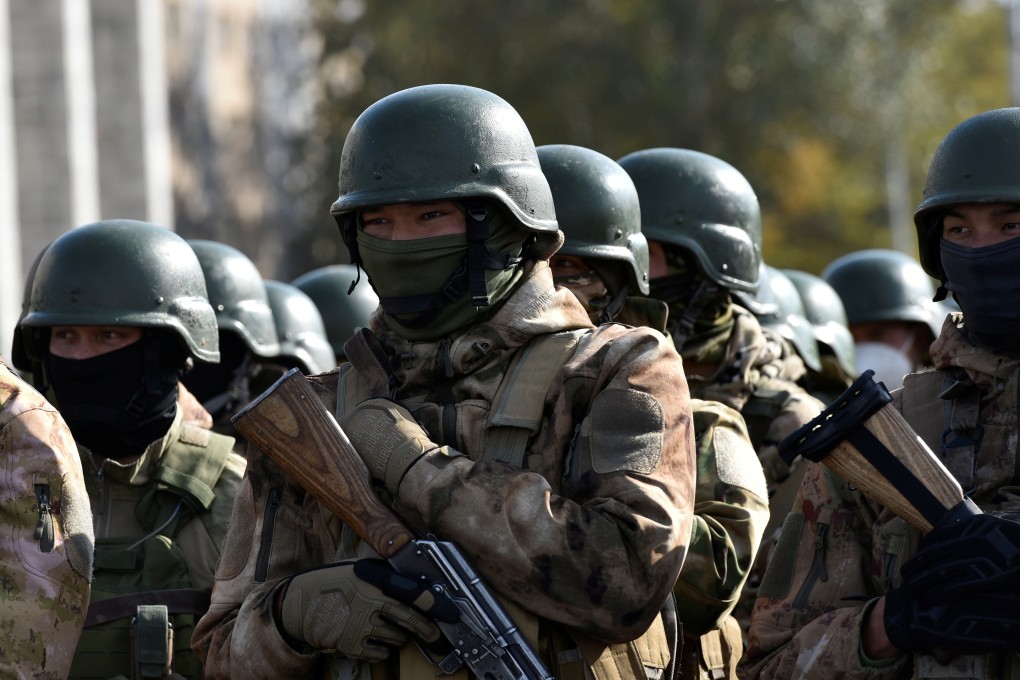Kyrgyzstan unrest may scare off future Chinese and other foreign investors, analysts say
- China has in the past been the biggest investor in the Central Asian nation, but economic ties have cooled
- The country is deep in a political crisis triggered by a contested parliamentary election on October 4

A parliamentary election on October 4 triggered mass protests and the occupation of the parliament building in Bishkek amid allegations of vote rigging. The protests prompted the prime minister to resign on Tuesday, followed by the heads of many government bodies.
Pro-Russian President Sooronbay Jeenbekov on Friday said he was prepared to resign as soon as a date for a new election had been set and a new parliament was confirmed. But the protests have now spread nationwide, with reports of attacks on Chinese and other foreign businesses amid the chaos.

Among the Chinese targets, Kyrgyz media reports said protesters tried to occupy a Chinese-owned oil refinery in the northern town of Kara-Balta. The refinery was the nation’s second largest taxpayer last year, according to Chinese media reports.